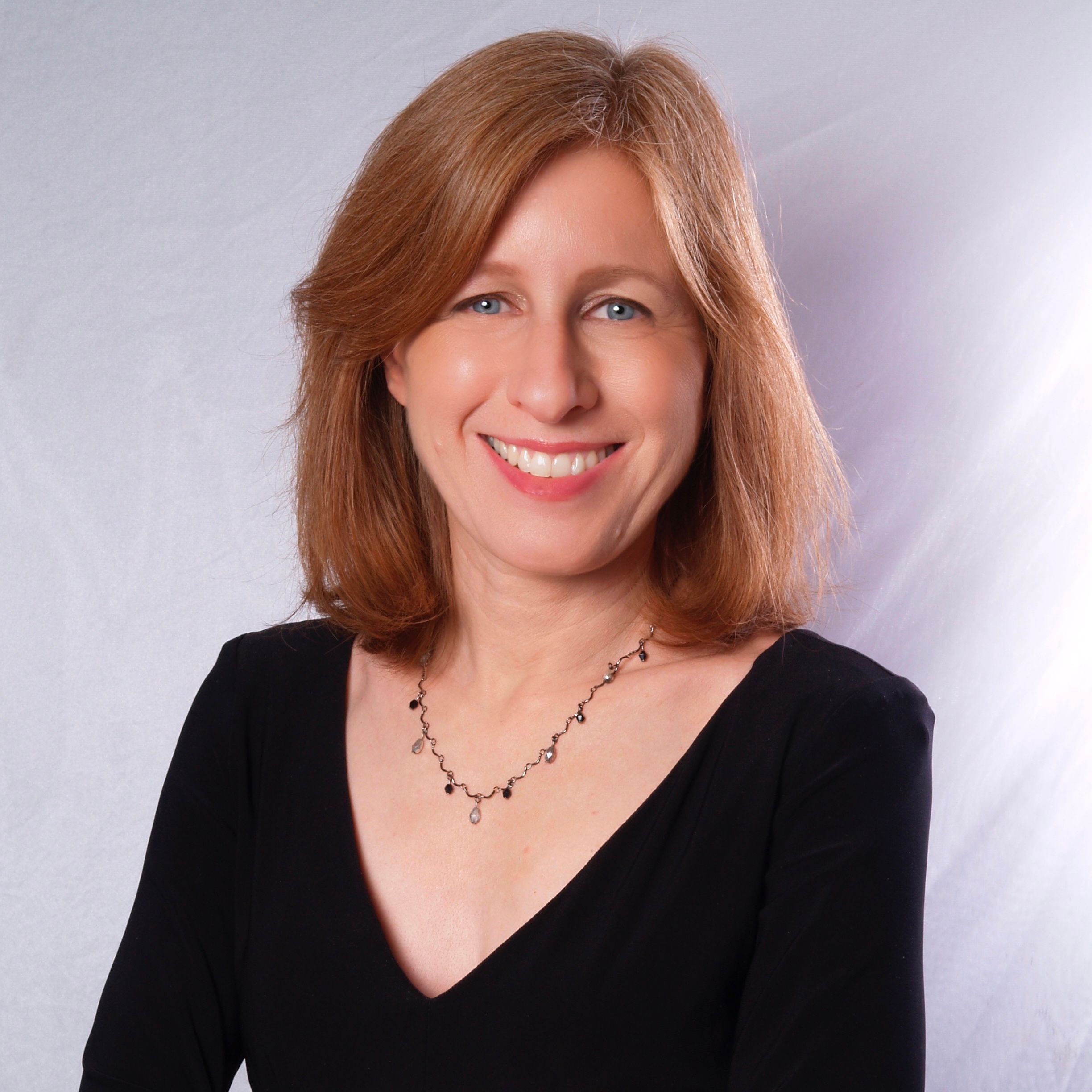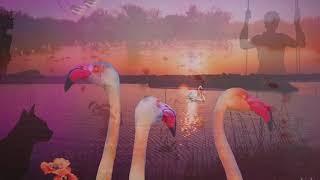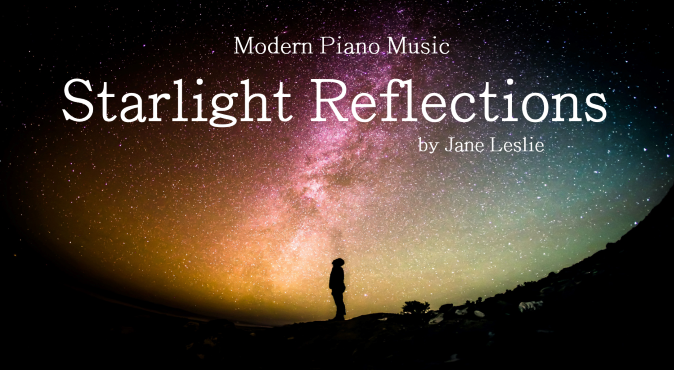About
Jane Leslie is a New York based pianist, composer and recording artist. She has created her own signature 'crossover' style, blending elements of classical and popular music, with beautiful melodies that touch the heart of the listener. Jane Leslie has been honored with several ASCAP Awards for her music, and holds Bachelors and Masters degrees from the Juilliard School, and a Doctoral degree from the Manhattan School of Music. Her recordings of relaxing piano music are featured on the Internet, in numerous radio broadcasts and podcasts, and enjoyed by a wide variety of audiences throughout the world.
Please visit her website at https://www.janelesliemusic.com.
Sheet Music: https://bit.ly/SheetMu


